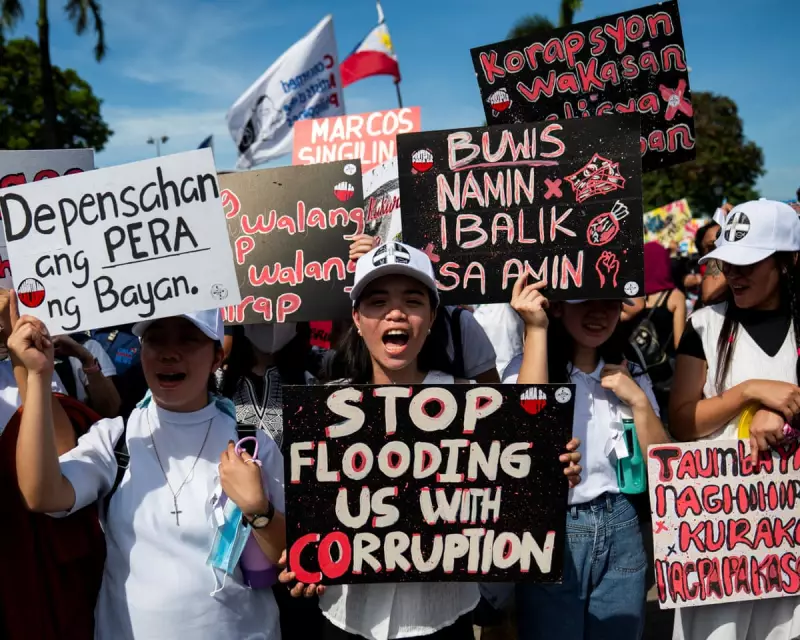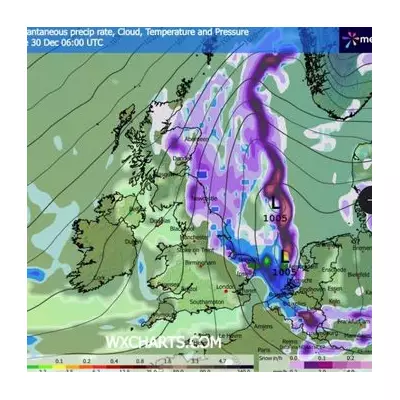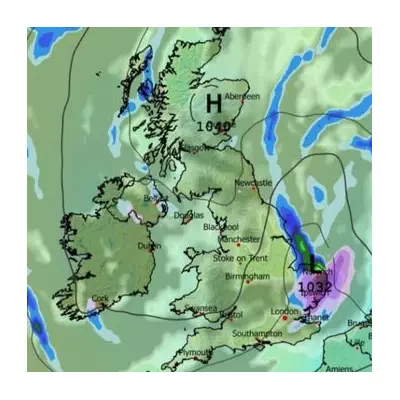
Manila is reeling from a catastrophic flooding event that has submerged vast swathes of the capital, sparking furious protests against a government accused of corruption and gross negligence.
Torrential rains, described by meteorologists as some of the most intense in decades, have overwhelmed the city's ageing drainage systems, turning major thoroughfares into raging rivers and trapping thousands in their homes. The disaster has laid bare the dire state of the nation's infrastructure, with many pointing to long-ignored warnings and misappropriated funds as the root cause.
A City Underwater, A Population Enraged
The scale of the flooding is unprecedented. Key business districts and residential areas remain inaccessible, with emergency services struggling to reach those stranded. The human cost is mounting, with widespread displacement and significant damage to property and livelihoods.
This physical devastation has been matched by a tide of public anger. In a dramatic display of dissent, thousands of Filipinos have taken to the streets, their protests cutting through the flooded landscapes. Their central allegation is that systemic corruption has directly led to this crisis.
The Ghost of the ‘Pork Barrel’ Scandal
Protesters and civic groups are drawing a direct line from the current disaster to a decades-old scandal: the misuse of Priority Development Assistance Funds (PDAF), commonly known as ‘pork barrel’ funds. Billions of pesos earmarked for public works, including vital flood mitigation projects, were allegedly siphoned off in a massive scheme involving bogus non-governmental organisations.
“We are drowning not just in floodwater, but in the corruption of our leaders,” one demonstrator was heard chanting, a sentiment echoed across social media. The public’s fury is directed at a political class perceived as prioritising personal enrichment over public safety.
Government Response Falls Short
Official responses, urging calm and promising investigations, have done little to quell the outrage. For many citizens, these promises are a familiar and empty refrain. The failure to modernise infrastructure despite repeated deadly floods has eroded all trust in the state's ability to protect its people.
This event is more than a natural disaster; it is a profound political crisis. It highlights the deadly consequences of graft and the intense vulnerability of rapidly expanding megacities in the era of climate change, where extreme weather events are becoming more frequent and severe.
The streets of Manila now tell a dual story: one of a natural calamity and another of a deep-seated loss of faith in governance. The floodwaters will eventually recede, but the demand for accountability and transparent investment in resilient infrastructure is only growing louder.





